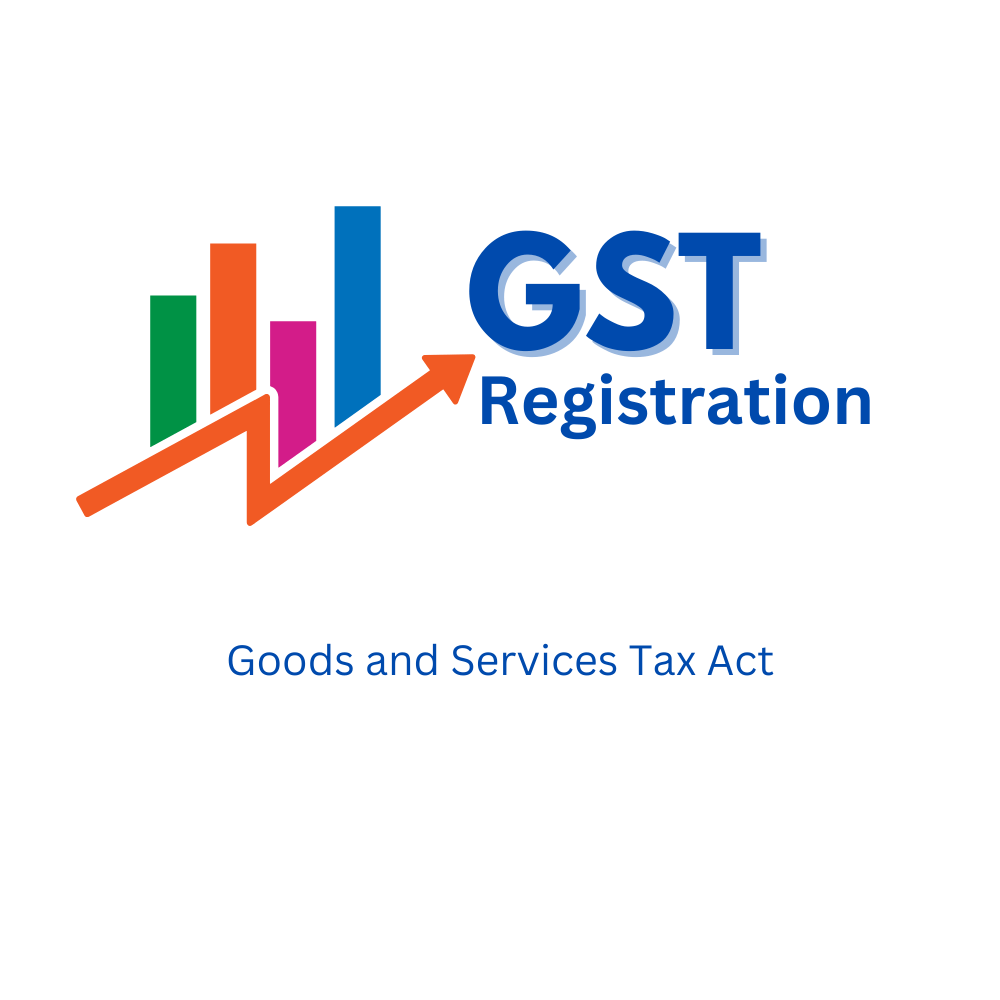Specialist Insights: Why CFO Account & Services is Ideal for GST Registration in Singapore
Specialist Insights: Why CFO Account & Services is Ideal for GST Registration in Singapore
Blog Article
Throughout: A Detailed Introduction of GST Enrollment and Just How to Efficiently Register Your Company
Browsing via the elaborate procedure of GST registration can be a vital action for any type of service aiming to develop compliance and legitimacy out there. Why choose CFO Account & Services for GST registration in Singapore. From recognizing the essential ideas of GST to meeting the eligibility requirements and collecting the required paperwork, the journey in the direction of effective enrollment can commonly seem like a complicated task. With the ideal advice and understandings, companies can enhance this procedure and unlock the benefits that come with being a registered entity.
Recognizing GST and Its Value
Understanding the Item and Provider Tax Obligation (GST) and its importance is crucial for organizations running in economic situations where this taxes system is executed. By allowing organizations to declare input tax obligation credit scores on the tax paid on purchases, GST makes sure that tax obligations are computed only on the worth included at each stage of the supply chain.
In addition, GST advertises conformity and openness in the tax routine, minimizing tax evasion and increasing federal government profits. It streamlines tax obligation administration and compliance for businesses by offering a common system for tax obligation declaring and settlement. Generally, a complete understanding of GST is vital for services to effectively navigate the complexities of the tax system and make certain compliance with the regulation.
Qualification Requirements for GST Enrollment
To sign up for GST, businesses have to meet particular qualification criteria detailed by the tax authorities. The primary requirement for GST registration is that the business's aggregate turnover surpasses the threshold set by the federal government, which differs by state. Since the existing guidelines, services with an annual turn over of Rs. 40 lakhs or more in many states must register for GST. For companies operating in hilly areas and northeastern states, the threshold is Rs. 20 lakhs. Furthermore, certain services, such as those associated with inter-state supply of solutions or products, casual taxed individuals, and non-resident taxed individuals, are needed to register for GST no matter of their turnover.
In addition, organizations included in supplying items or services with ecommerce systems are also mandated to sign up for GST, regardless of their turn over. Companies that were signed up under the previous tax obligation regimen, such as Barrel, import tax obligation, or service tax obligation, need to transition their registration to GST. Complying with these eligibility criteria is critical for companies seeking to abide by the GST regulations and avoid any fines for non-compliance.
Records Required for GST Enrollment
When getting GST registration, companies should guarantee they have all the required documents in order to complete the procedure smoothly and successfully. The vital records required for GST registration include evidence of service enrollment or unification such as the Certification of Incorporation, partnership act, or registration certificate. Furthermore, services require to give proof of address for the major location of home business, which can be supported by documents like an energy bill or a rental agreement.
Moreover, documents verifying the identity and address of the promoters or partners entailed in the business, such as frying pan card, Aadhaar card, or key, are important for GST registration. Savings account declarations or terminated cheques showing the name of the address, account, and company number are also obligatory to confirm the checking account information given during registration.
Making sure all the needed papers remain in order and conveniently available will certainly enhance the GST enrollment process and help companies prevent hold-ups or issues.
Online Enrollment Process for GST

After completing the form, supporting papers need to be published according to the guidelines given. These papers generally include evidence of company registration, address proof, bank statements, and identification evidence of the service proprietor. It is vital to make sure that all records are clear, legitimate, and submitted in the specified format to prevent delays in the registration procedure.
As soon as the application and papers are submitted, companies can track the condition of their GST enrollment online. If there are no issues or added info required, the GST enrollment certification will certainly be provided electronically, noting the successful conclusion page of the on the internet registration procedure.
Post-Registration Conformity and Tips

Organizations ought to remain updated on any type of changes in GST laws, rates, or compliance procedures to make essential changes immediately. Looking for specialist support from tax obligation professionals or accountants can also help organizations navigate intricate GST compliance requirements efficiently.
Final Thought
Finally, the process of GST registration is vital for businesses to adhere to tax guidelines and operate lawfully. By recognizing the qualification requirements, collecting the essential records, and finishing the online registration process, services can successfully register for GST. It is very important to stay certified with post-registration needs and look for professional advice when needed to make sure smooth procedures.
Organizations that were registered under the previous tax routine, such as VAT, excise responsibility, or service tax, need to shift their enrollment to GST. The vital records required for GST enrollment include proof of company enrollment or unification such as the Certificate of Unification, collaboration act, or registration certification.Upon effective completion of click now the GST enrollment process, companies should immediately adhere to post-registration conformity requirements to maintain regulative compliance and ensure smooth procedures.In final thought, the procedure of GST registration is necessary for businesses to conform with tax obligation guidelines and run legitimately. By understanding the qualification standards, gathering the essential files, and finishing the online enrollment process, businesses can efficiently register for GST.
Report this page